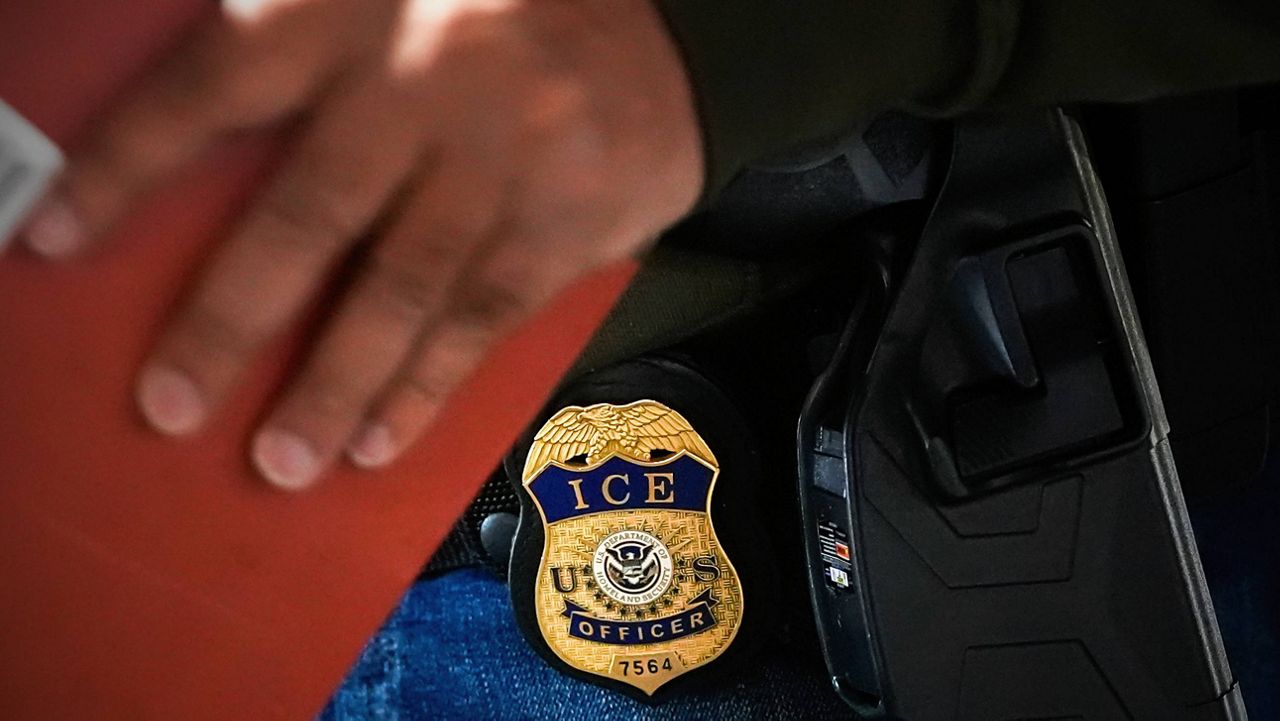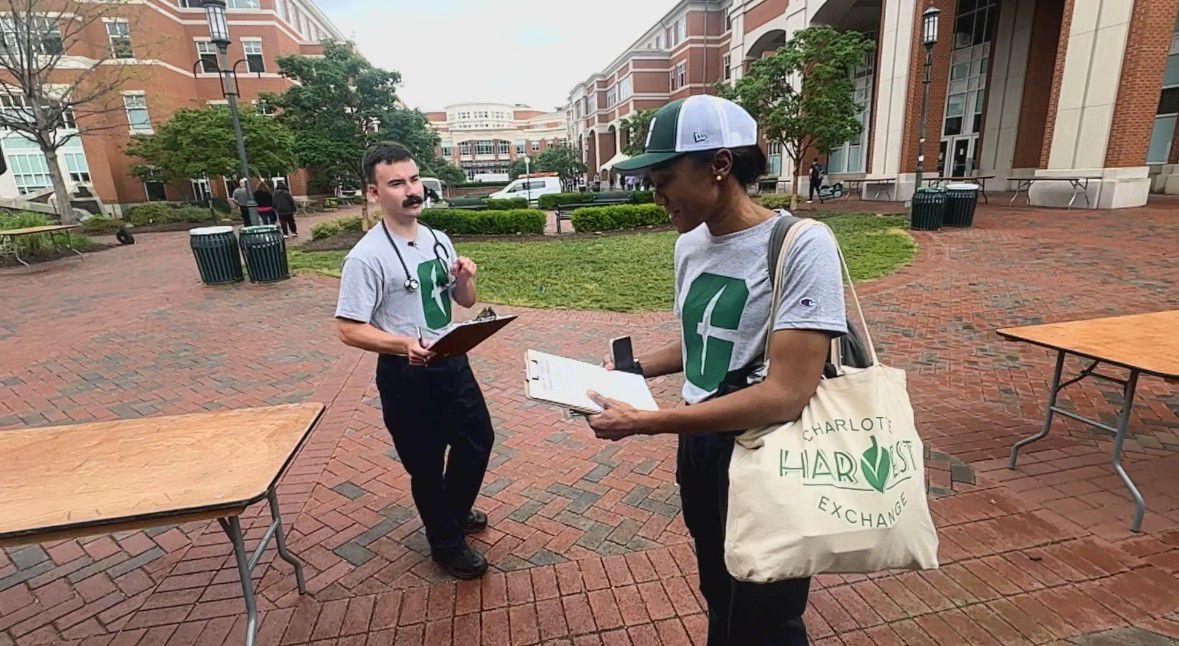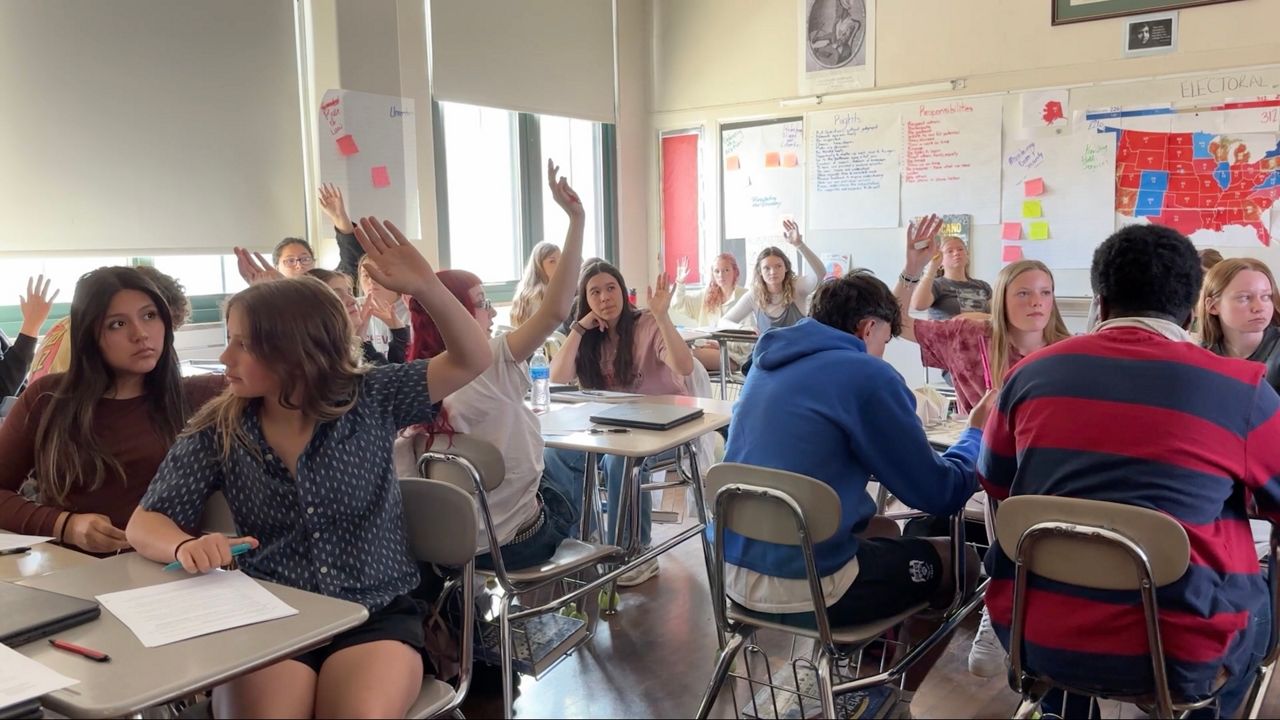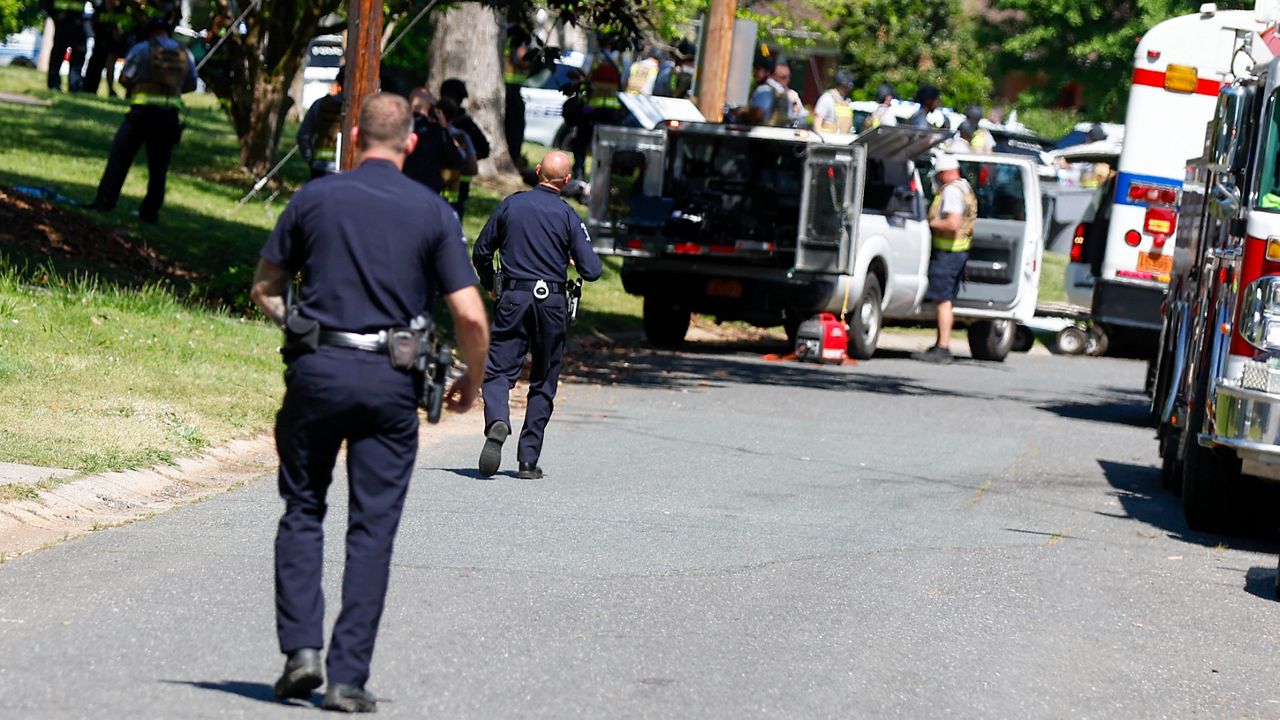RALEIGH, N.C. – For the first time since World War II, Russian President Vladimir Putin has called for a partial military mobilization of 300,000 additional soldiers.
Many interpret the move as a positive sign for Ukraine, following the country’s major victories in regaining several regions that had been overtaken by the Russian invasion.
“The tide has turned significantly in the last couple of weeks,” said UNC-Chapel Hill political science professor Graeme Robertson.
“Putin’s announcement signifies a change in Russian strategy, from an expansive war of conquest to one where they’re going to try and defend the territories that they’ve already conquered and stolen,” Robertson said.“Putin’s announcement signifies a change in Russian strategy, from an expansive war of conquest to one where they’re going to try and defend the territories that they’ve already conquered and stolen,” Robertson said.
The strategy change has garnered reaction around the world, including from Ukrainians who live in North Carolina, like Olena Pates.
“It’s crazy to think that grabbing 300,000 men, untrained young men, and throwing them into the battlefield is going to make any sort of difference [for] Russia, except for possibly sending them to their death,” Pates said.
Pates moved to the United States for college in 1993 and is a proud Ukrainian-American today. Her parents and family are still in Ukraine.
Eight years ago, Pates founded the group Ukrainians in the Carolinas. Today, they’re raising money and sending supplies over to their home country.
“We have been able to help purchase medical vehicles and help Ukrainian medics. We have sent numerous supplies, medical supplies that save lives. Both purchased by your donations and donated to us by local medical facilities,” Pates said.
The group also raised funds to purchase a water filtration system for the city of Nikolaev in southern Ukraine, after Russian bombs damaged its water supply.
Today, they’re focused on raising funds to help Ukrainian paramedics build small, modular homes to provide places to rest between their war zone rotations.
“We’re doing everything from feeding Ukrainian refugees in Ukraine to helping Ukrainian refugee families here in the Triangle area and really throughout the Carolinas,” Pates said. “We have close to 70 families of Ukrainian refugees now here. They need homes, they need employment, they need assistance. So, we’re trying to do our best with our very small effort, but trying to contribute the best that we can.”
The war in Ukraine has surpassed 212 days since Russia invaded on Feb. 24.
Robertson says the war will continue to be felt in the U.S. through inflation, increased energy prices and impacts to the supply chain.










